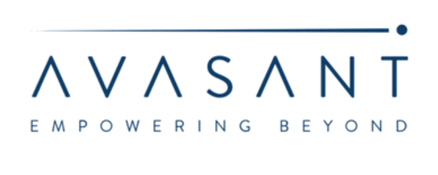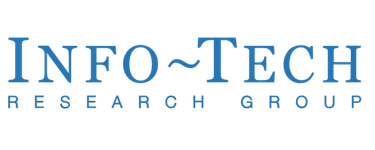Fix the Flaws, Win the Future: AI Governance as Your Competitive Advantage
Three leading consultancies weigh in with similar findings this month: Governance isn't compliance theater, it's the engine that turns AI investments into measurable business value. Recent research from EY, PwC, and McKinsey confirms what early AI adopters already know: mature governance directly correlates with business performance. Companies with advanced governance see 81% better innovation outcomes and 79% efficiency gains.
Three Hidden Barriers to AI Scale
According to the research, three critical failures prevent companies from capturing AI's strategic value:
- The Accountability Gap: Fragmented ownership turns governance into a cost center rather than a strategic priority. Without CEO-level ownership, AI initiatives remain isolated experiments that never scale.
- The Opacity Problem: Black-box models and poor data quality block effective auditing and safe deployment. Automated monitoring and continuous auditability are essential for operational velocity.
- The Compliance Trap: When governance feels bureaucratic, teams default to risk avoidance. The counterintuitive truth: clear guardrails enable faster experimentation and build stakeholder trust.
Why this matters
Companies that embed governance as a strategic function, not an afterthought, unlock the infrastructure moat that McKinsey identifies as critical to sustained competitive advantage.
The Next Wave: Massive Infrastructure as the New Moat
Two breakthrough announcements from top infrastructure providers reveal how access will determine competitive advantage in the AI era.
- Microsoft's AI Super Factory launched as the world's first “planet-scale” AI training network (AI-WAN), purpose-built for frontier models. This infrastructure enables unprecedented elasticity, dynamically balancing complex workloads across global regions.
- Google's quantum breakthrough ran algorithms 13,000 times faster than classical supercomputers, marking a turning point for quantum applications in medicine and materials science.
This infrastructure is designed to power autonomous AI agents capable of handling complex, cross-platform business workflows, the next frontier of enterprise automation.
Why this matters
It’s likely that the most powerful AI models will only train on this scarce, specialized, high-cost infrastructure. Access will be concentrated among a few providers, making vendor governance and infrastructure strategy core executive concerns.
Where AI Risk Is Materializing: What Enterprise Leaders Need to Know
Courts and regulators are drawing clear lines around AI liability. These developments signal where governance investments will protect business value and where gaps will prove costly.
- Model operators now bear output liability
A UK High Court ruling established that AI systems generating trademark-infringing content create direct liability for operators, even when users craft the prompts. This shifts responsibility upstream to those deploying AI at scale.
Getty Images v Stability AI - AI-generated records expand discovery exposure
Meeting transcripts, summaries, and automated notes from AI tools are now discoverable, creating new privilege risks and forcing legal teams to rethink data retention strategies.
White & Case - January 2026: Texas and California rules take effect.
Texas prohibits certain AI uses (including behavioral manipulation and unlawful discrimination) for any business operating in the state, while California requires frontier AI developers to publish safety frameworks and report catastrophic risk assessments, with penalties up to $1M per violation. These aren't future concerns, implementation deadlines are eight weeks away.
Texas TRAIGA | California SB 53
Why this matters
The organizations prepared for these shifts are those already treating governance as a core element of their AI strategy, with documented processes, clear accountability, and audit trails built into deployment workflows. Those treating it as a compliance exercise will find themselves racing to retrofit systems under regulatory pressure.
Compliance ≠ Governance
By Emre Kazim
This week, the EU signaled it may delay parts of the EU AI Act. The reactions were immediate: relief from some industry quarters, concern from others, and speculation about whether Europe is retreating from its leadership position in responsible AI and caving to pressure from the US and global technology giants.
If the EU delays implementation of the EU AI Act, what changes? Legally, a few dates. Possibly, a few requirements. Strategically? Almost nothing. The possible delay is not the existential problem commentators claim. If anything, the bigger risk is that companies interpret the delay as permission to slow down or defer their governance efforts.
Corporate reputation and public trust will play a far greater role in determining winners and losers in AI than any regulator. In fact, in the 2025 Financial Services Industry Outlook, Deloitte identifies trust as a cornerstone of business resilience and growth. Stakeholder trust isn't legislated; it's earned.
"When compliance becomes the sole North Star, we lose sight of what truly matters. When you align innovation with governance, you build a future where business can flourish safely, and society can use the systems shaping their lives with confidence."




